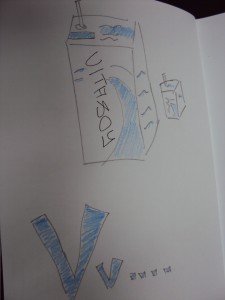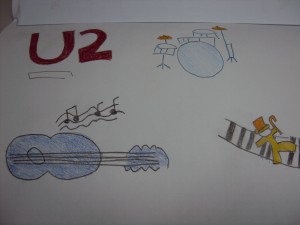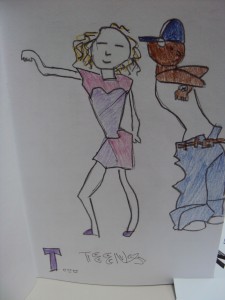September 10th, 2007 by Christine Kane
At the retreats I facilitate, I’m often asked, “So, how do you forgive someone?” I’ve also been asked by several readers of this blog to write about forgiveness.
This is not always a comfortable subject for me — mostly because there are so many levels to it, and so many ways to interpret and misinterpret it. I’ve also noticed that people sometimes want to hold on to the idea of themselves as “victims” of something or someone – and they will fight to keep that victim identity alive by fighting any notion that challenges that identity. This is the socially accepted place of our culture.
Forgiveness challenges that identity. Self-responsibility challenges that identity. The Law of Attraction certainly challenges that identity.
So, I’ll simply say that I’m beginning a conversation with you here. This is my experience of forgiveness. It has evolved over time, and it will continue to evolve. You can continue the conversation in the comments…
Forgiveness and Judgment
Things that happen to us or in our lives only have the meaning we give them. The very idea of forgiveness implies that you first believe that someone has done you wrong. (She left me for someone else!) It implies resistance to the present moment or to a past moment. (This should never have happened!) It implies judgment from either a God outside of us or from us. (She’s a bad person for ruining the value of our relationship and family!) And it implies a belief in sin or wrong-doing. (She’s wrong for breaking up with me!) Our egos get stronger when we feel we have been wronged, or that something should’ve happened differently. (I am right. She is wrong. Therefore, I am better than she is. And that feels good.)
My sense of forgiveness is that it is ultimately an act of release or surrender. It is actually done for the forgiver, more than for the person who is forgiven.
I have compassion for the hurt and grief that may arise when something “bad” happens or “is done” to us. And, though I’m certainly not always capable of living at this level of thinking, I don’t necessarily believe that there is a wrong thing. And I know that this is not a popular way of seeing the world. The further I go on my path, the more challenged I am with the idea of sin. The word “sin” has been translated in different ways. The Greek word “hamartia” is usually translated as “sin” in the New Testament — it’s an archery term, and it means “to miss the mark,” or “to miss the target.”
I see plenty of unconsciousness, or missing the mark. But I don’t see sin. I have behaved unconsciously, and I have certainly missed the mark. But, I don’t see myself as a “sinner.”
Forgiveness and Sin
Back in elementary school, all us Catholic kids had to take CCD once a week. One year, I had a CCD teacher who taught us about sin in this way: She dragged the chalkboard on its big wooden stand into the center of the room. She erased it. She said, “This is what your soul looks like when you’re born. A clean slate.”
Then she made a big chalk mark on the board.
She said, “This is what a sin looks like on your soul.”
She made another mark and said, “This is another sin.” Then, she frenetically slashed the board with her chalk. “These are more sins.” Finally, she shaded the whole board until it was white. She concluded, “When your soul is completely covered with marks — that’s when you go to hell.” (Catholic Game Over.)
Even though her theological nightmarish “this-is-your-brain-on-drugs” class scared the be-jeezus out of me at the time, it led me to ponder the idea of sin. After that class, I spent hours thinking about sin. If that chalkboard model were correct, would I get the same mark for stealing a piece of gum from 7-11 as someone who stole a car? How does God measure these things? I thought about this in bed late at night until I had created a continuum from the stolen gum into involuntary manslaughter, and across the line over into Hitler. I truly couldn’t find the place where any God would actually say, “Well, this sin is okay. But this dude totally crossed the line!” And what about kids who grew up in poverty on the street? What if they stole because they had no other model? It never made sense.
In college, when I was a theology major, I hung out with lots of Jesuit priests. One of them said to me that confession was more about your relationship with yourself – a way to get clear about your own consciousness and your own recognition of unconscious behavior. He added, “But God cannot forgive you. God never condemned you in the first place.” This was radical for me to hear at the time. (And would probably get the Jesuit ex-communicated if he had said it to anyone else.)
Forgiveness and Selfishness
I don’t believe in a God outside of me anymore. I believe in consciousness. I believe that this consciousness is energy. It is love. And it is infinite. If it is infinite, then it doesn’t stop at my skin or at your skin. It is all things.
My judgment of you is just that. Mine. It says more about me than it does about you. Your judgment of me is yours. When we forgive, we are actually being selfish and self-responsible. We are releasing ourselves from judgment. We are releasing the thought that we know the way it should’ve gone, or the way it should be. We are freeing ourselves. As the saying goes: “To choose not to forgive someone is like drinking poison and hoping they will die.”
Some people say that this way of thinking is egocentric. I know that it makes me the most empowered person I can be. I know that it makes me responsible for my own life and my own actions. If I take responsibility for everything that happens to me (or everything that happens, period!), then as I change, the outside changes too.
Forgiveness and Willingness
So, what happens when you’re in a place of anger or pain, and even though you “get” this whole idea of how forgiveness is selfish – you can’t forgive someone? Can you will yourself to let go? Can you force yourself to forgive?
My experience has shown me that you can begin with willingness. You can work with “wanting to forgive.” (Or even “wanting to want to forgive.”) It has to start with the intent to see things differently. Or even the willingness to stop seeing yourself as the victim. Willingness has a lot of power.
Years ago, I went through a break-up of a relationship. My former partner was bad-mouthing me to a lot of people, including many in my professional life. I was so angry that the only thing I could do was to write in my journal every morning, “I am willing to forgive you, John.” (Not his real name.) I wrote that over and over each day.
Slowly, I got a great lesson. The week I began that writing practice, someone randomly gave me a set of tapes by Caroline Myss . The message on those tapes opened up my heart and my mind in a new way. I clearly saw my role in this situation. I took responsibility for my part. The forgiveness began. But I don’t think I could have forced it. I only watched the growth unfold. It was messy. It was uncomfortable. And I held onto the willingness throughout it. It took a long time. Now, I am grateful for the whole experience.
There are obviously many paths to forgiveness. That was one path for me. The question of how to forgive someone can only be answered by each person who chooses to forgive. Forgiveness is an act of creativity. As such, it will have nuances and lessons that could only come through its creator. For a while, it may feel messy. It may feel ugly. But as Caroline Myss says on one of those tapes, “You have this choice: to get bitter, or to get better.”
girl: after much deliberation, decided to post this article.
i read somewhere ‘enough faith to forgive’ still trying to digest this sentence.
to me, i think forgiveness is a skill, an art. you know what you are suppose to do but you still gotta make room in your heart, give it time, plenty of love and most importantly, gotta analyse the issue on hand with head & not heart. yet, how do one do that?! when you winch involuntary whenever irrational tots pop into your head, when you experience a kind of fear that is unexplainable to others.
fear? in one of my books, Torey Hayden asked zoo’s boy: fear, how does it feel like? if you asked me – i don’t have an answer, coz it’s diff for everyone.
you know whats my recommendation? whine abt it. G

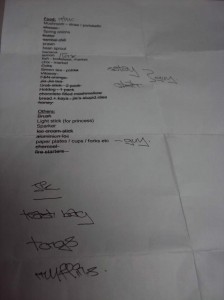 the list for..?
the list for..?
 let’s start !
let’s start ! official drink: 5 bottles of coke. kor always said u need coke to wash down the food 😉
official drink: 5 bottles of coke. kor always said u need coke to wash down the food 😉  notice my trusty mini-fan & bacon + asparagus
notice my trusty mini-fan & bacon + asparagus
 what are you folding?
what are you folding? for the bean sprout. jie gotta this idea from teppanyaki !
for the bean sprout. jie gotta this idea from teppanyaki !

 yum !
yum ! 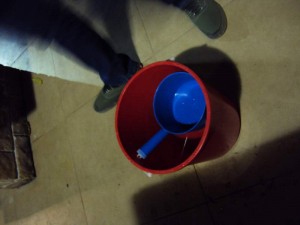 this is useful. trust me.
this is useful. trust me. got these for princess.
got these for princess. having fun.
having fun.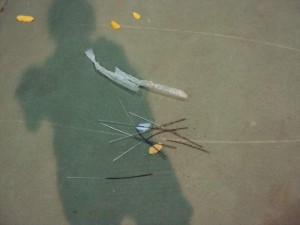 the left-overs
the left-overs the smoke.
the smoke.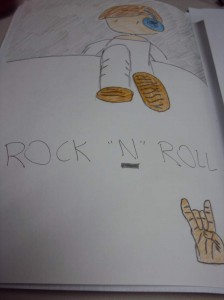
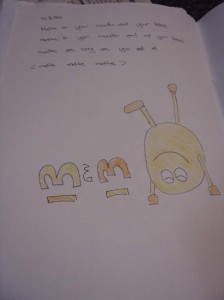
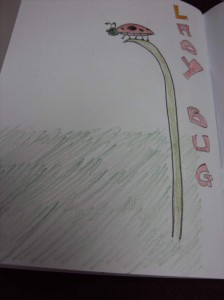

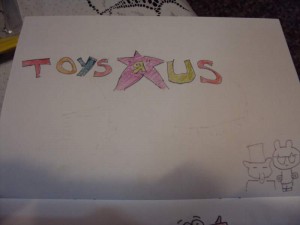
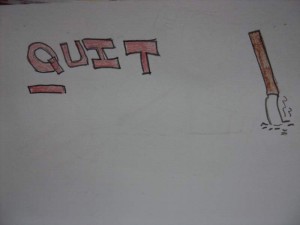

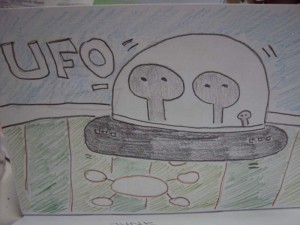 …R…Q…P…O…
…R…Q…P…O…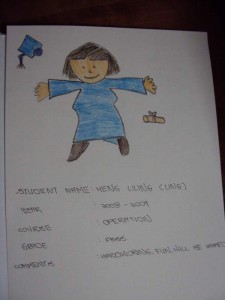 we had dinner. steamboat !
we had dinner. steamboat ! lets get hungry !
lets get hungry !
 three of us.
three of us. four of us
four of us the mess.
the mess. presenting to ling & she loved it.
presenting to ling & she loved it.